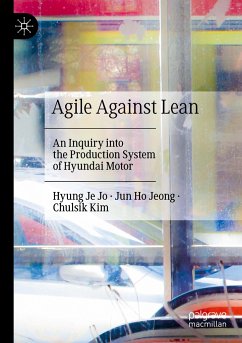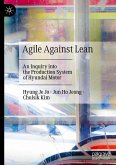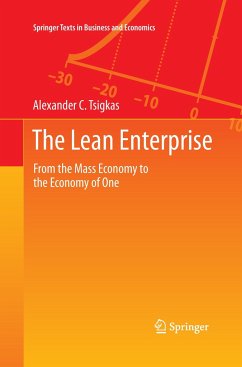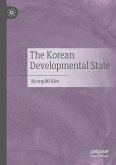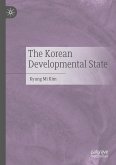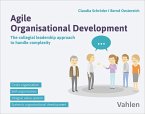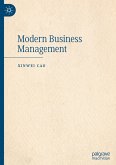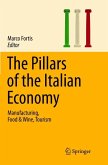"This is a remarkable book. Focusing upon Korea's Hyundai Motor Company, it provides an original account of the success of this company in the global automobile industry. Theoretically informed, cognisant of the academic literature, and insightful at every turn, this book will appeal to scholars across the social sciences including economics, economic geography, and economic sociology. The authors have key insights that will resonate with scholars interested in the global industrial champions of the 21st century. A wonderful achievement."
-Emeritus Professor Gordon L Clark, Oxford University, the UK
"'Agile against lean' is a highly inspiring book for researchers and practitioners. It provides unique insights into the rise of Korean automotive companies, their production systems, and the political economy in which they are embedded. And it develops thought-provoking arguments about how authoritarian experimentalism shaped the agile production systems in the Korean automotive sector."
- Professor Dr. Martin Krzywdzinski, WZB (Berlin Social Science Center), Germany
This book attempts to pry open the 'black box' of compressed growth for Hyundai Motor since the 1997 Asian Financial Crisis, with the company's being on the verge of falling in the 'middle-ranked carmaker's trap in the 1990s, and critically examines the dual and contradictory nature of this leapfrogging catch-up instead of simply focusing on the company's success story. This book presents the novel theoretical and empirical characteristics of Hyundai Motor's 'agile' production system based on 'authoritarian experimentalism' characterized by the ability of engineers to solve problems in an improvisational manner, skill-saving work organization and segmented labor, and extended quasi-vertical suppliers' relationships under the chaebol corporate governance.
Hyung Je Jo is an emeritus professor of social science at the University of Ulsan,South Korea.
Jun Ho Jeong is a professor in the college of social sciences at Kangwon National University, South Korea.
Chulsik Kim is an assistant professor in the division of social science at the Academy of Korean Studies, South Korea
-Emeritus Professor Gordon L Clark, Oxford University, the UK
"'Agile against lean' is a highly inspiring book for researchers and practitioners. It provides unique insights into the rise of Korean automotive companies, their production systems, and the political economy in which they are embedded. And it develops thought-provoking arguments about how authoritarian experimentalism shaped the agile production systems in the Korean automotive sector."
- Professor Dr. Martin Krzywdzinski, WZB (Berlin Social Science Center), Germany
This book attempts to pry open the 'black box' of compressed growth for Hyundai Motor since the 1997 Asian Financial Crisis, with the company's being on the verge of falling in the 'middle-ranked carmaker's trap in the 1990s, and critically examines the dual and contradictory nature of this leapfrogging catch-up instead of simply focusing on the company's success story. This book presents the novel theoretical and empirical characteristics of Hyundai Motor's 'agile' production system based on 'authoritarian experimentalism' characterized by the ability of engineers to solve problems in an improvisational manner, skill-saving work organization and segmented labor, and extended quasi-vertical suppliers' relationships under the chaebol corporate governance.
Hyung Je Jo is an emeritus professor of social science at the University of Ulsan,South Korea.
Jun Ho Jeong is a professor in the college of social sciences at Kangwon National University, South Korea.
Chulsik Kim is an assistant professor in the division of social science at the Academy of Korean Studies, South Korea

